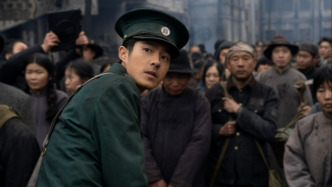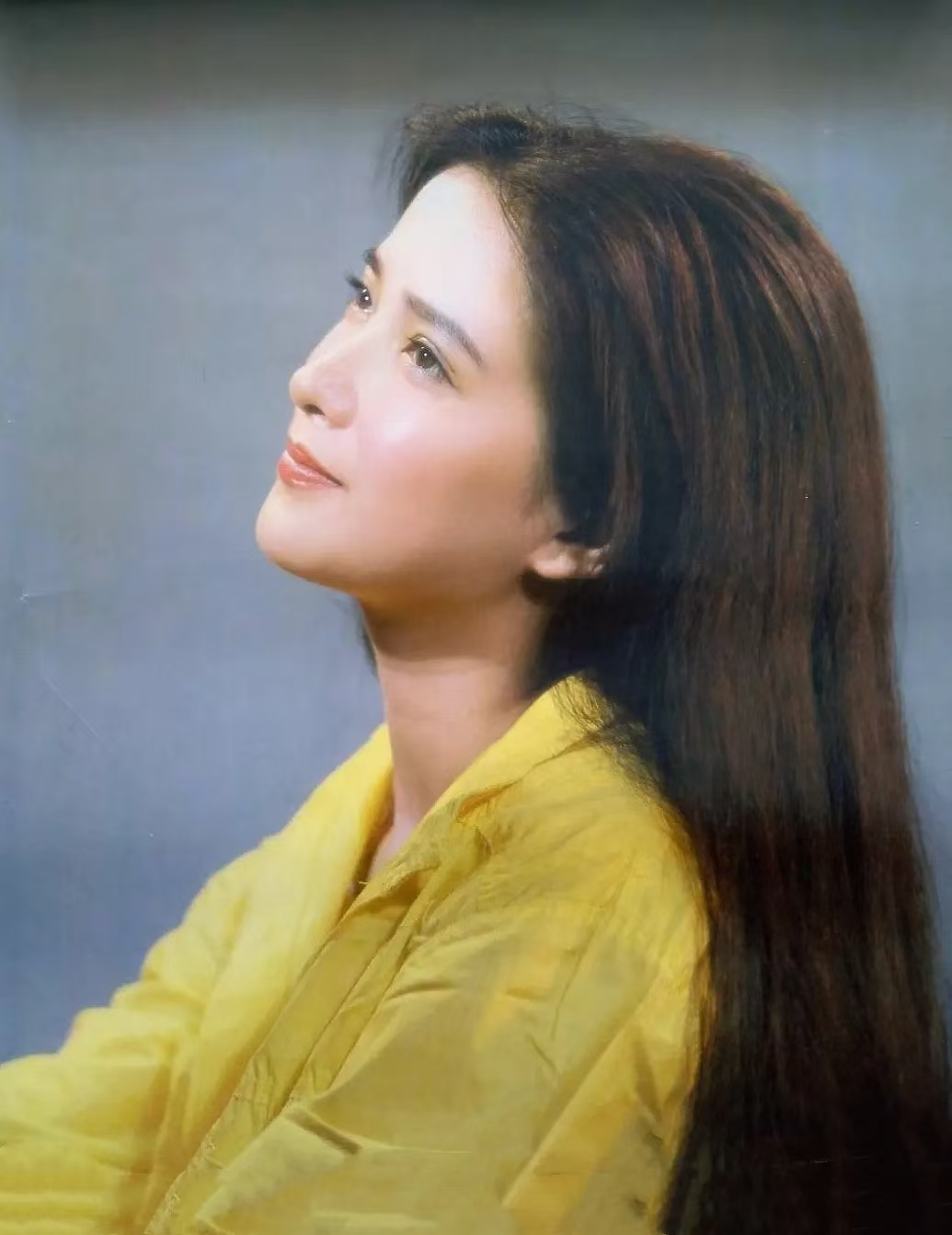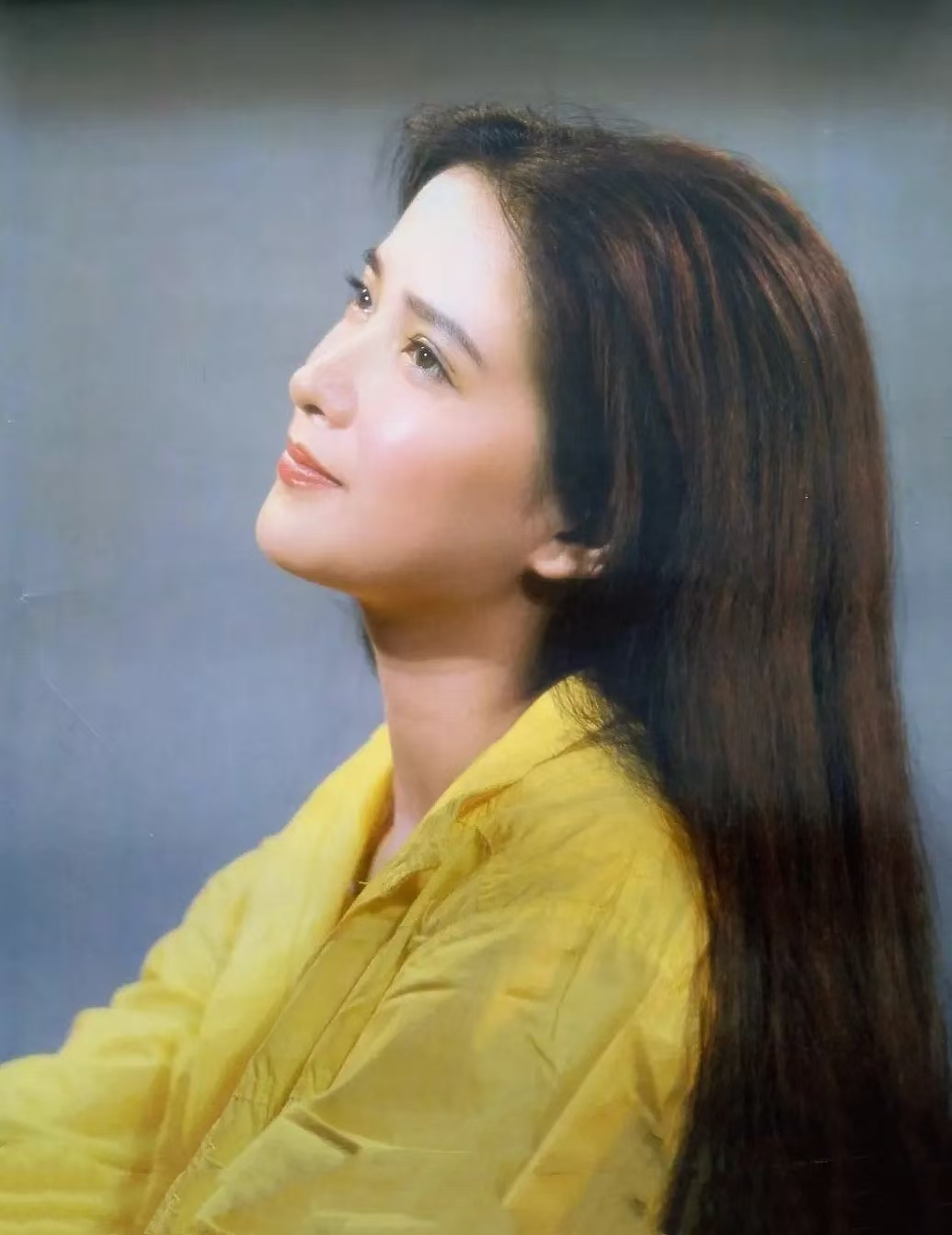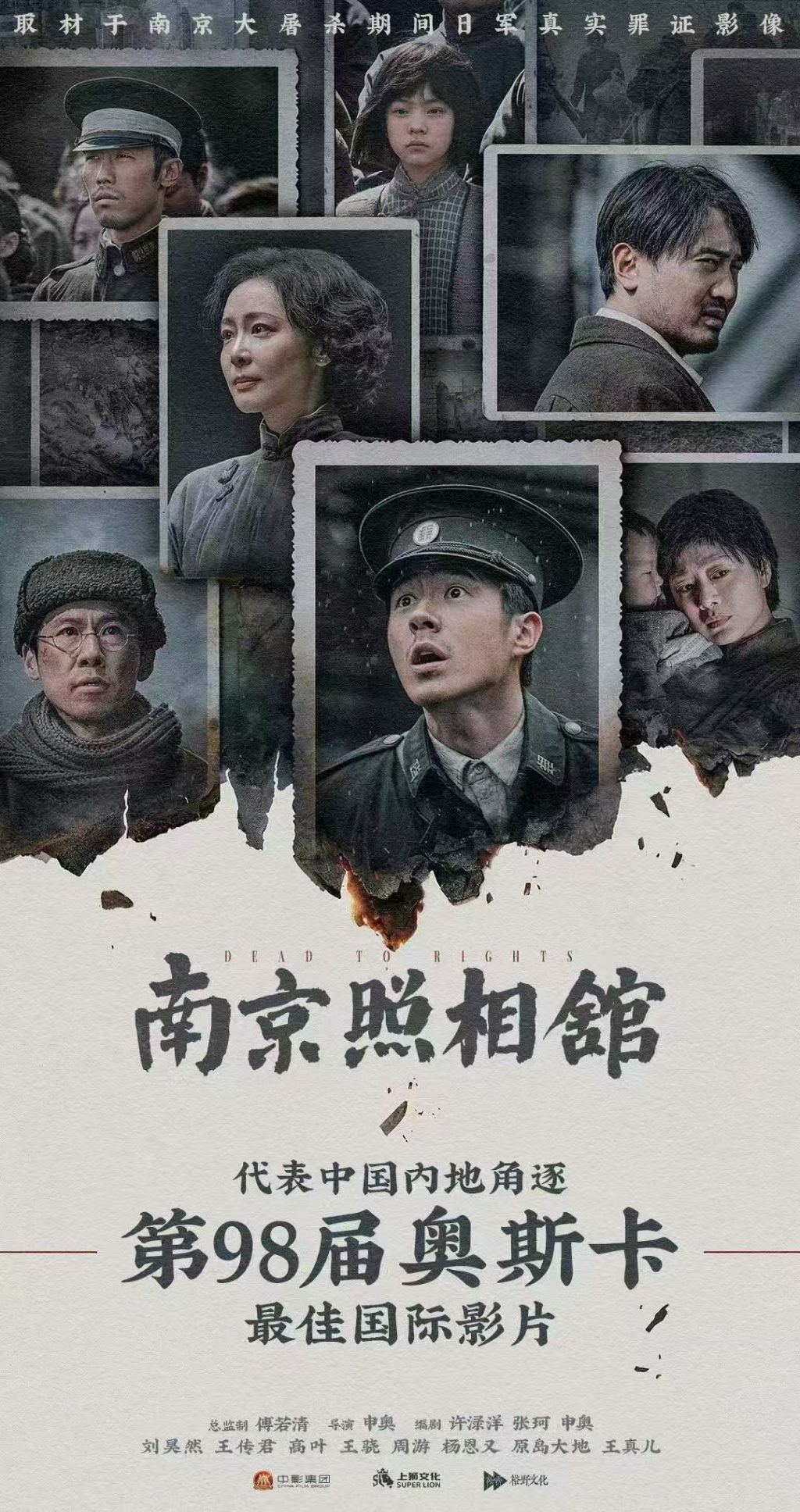
This year marks my eleventh year as an actor. I often ask myself: having played twenty or thirty roles, where does the emotion and power in those characters come from?
Two deeply moving scenes gave me the answer. To commemorate the 80th anniversary of the victory of the Chinese People's War of Resistance Against Japanese Aggression and the World Anti-Fascist War, the film "Nanjing Photo Studio," in which I starred, was released. On the premiere day, I sat in the theater and watched the film with the audience in Nanjing. When the lights came up at the end of the film, applause rang out in the darkness, and I deeply felt the powerful and moving interplay of art and history.
On October 12, at the "Writing the Chapter of Youth on the Land of the Motherland" online theme publicity and interactive guidance activity of the ideological and political course held at Hohai University, I saw the burning eyes of young students when they portrayed the heroic soldiers of the "Liu Laozhuang Company", a model of the times, and the deep feelings between the military and civilians in the flood relief in the "village-super" county of Guizhou. I once again felt the power of the fusion of art and reality that touches people's hearts.
Filming *Nanjing Photo Studio* gave me a deeper understanding of the word "role." In the film, I played the postman A-Chang, who develops photographs documenting the atrocities committed by the invading Japanese army in the darkroom. At that moment, his mission undergoes a fundamental transformation—from delivering letters to delivering the truth, from protecting himself to safeguarding hope. One scene remains vivid in my memory: in the darkroom, A-Chang's hands tremble as he holds photographs documenting the massacres, his eyes gradually shifting from fear to determination. Some viewers said they were deeply moved when A-Chang shouted "The Great Wall." This line wasn't in the original script; it was a natural emotional outburst during filming. It's not just the character's cry, but a nation's call for dignity and justice in its darkest hour.
From the spirited Su Yu in "The Founding of an Army" to the student Liu Renjing in "1921," and then to the young detective searching for identity in a foreign land in "Detective Chinatown 1900"... each role is like a window, allowing me to glimpse the spiritual world of Chinese youth in different eras. At 19, my character Su Yu shouted, "We will definitely take Nanjing!"—that was the youthful ambition to "change the world." At 24, in "1921," I raised my right fist with a group of young people to swear an oath; that pure dedication to ideals brought tears to my eyes several times. In "Detective Chinatown 1900," I experienced the overseas Chinese's yearning for and steadfast commitment to their "roots."
These roles prompted me to confront three profound questions: *Detective Chinatown 1900* made me reflect on "Who am I?", *1921* clarified "Where am I going?", and *Nanjing Photo Studio* served as a weighty and profound reminder that "I must never forget where I came from." If the first two represent the confusion and exploration of youth, the latter embodies the responsibility and commitment of growing up. In works like *My People, My Country*, when I gaze at fighter jets streaking across the sky, and when I dedicate myself to rural revitalization, the sense of pride that wells up from the bottom of my heart is the spiritual energy that these roles have bestowed upon me.
This year, I starred in the play "The Warmth of Taste" for the first time, playing Sun Guangming, the first secretary stationed in a village to provide assistance. There are no second chances on the stage; every performance is a direct dialogue with the audience. Even a single line or gesture would be meticulously refined hundreds of times in the rehearsal room. This "slowing down" creative process gave me a new understanding of acting: character portrayal is not merely a presentation of technique, but a dialogue between lives.
On the stage of the "Justice Will Prevail" gala, as I recited those chapters recording the nation's suffering and glory, the manuscript in my hands felt incredibly heavy. Behind every word lay the history written with the lives of countless predecessors. Reverence for history, reverence for creation, and reverence for the audience are lessons I gradually learned through collective creation. After graduating from the Central Academy of Drama, I joined the China Coal Mine Art Troupe and immediately submitted my application to join the Party. Now, I understand more clearly that the identity of a "Party literary and artistic worker" carries not only personal artistic ideals but also the mission bestowed upon me by the times.
As a post-95s artist, I deeply understand that my growth is inseparable from the nourishment of the times. We must use our roles to tell Chinese stories well and use performances to convey spiritual power. This requires not only the improvement of professional skills but also the tempering of values. Youth is never a label of a certain age, but a state of life. It requires the determination to uphold one's original aspirations in ordinary positions, which means integrating personal ideals into the torrent of the times.
On the road to realizing our ideals, we all have our own roles, and we look forward to walking alongside you!
(The author is an actor with the China Coal Mine Art Troupe)


